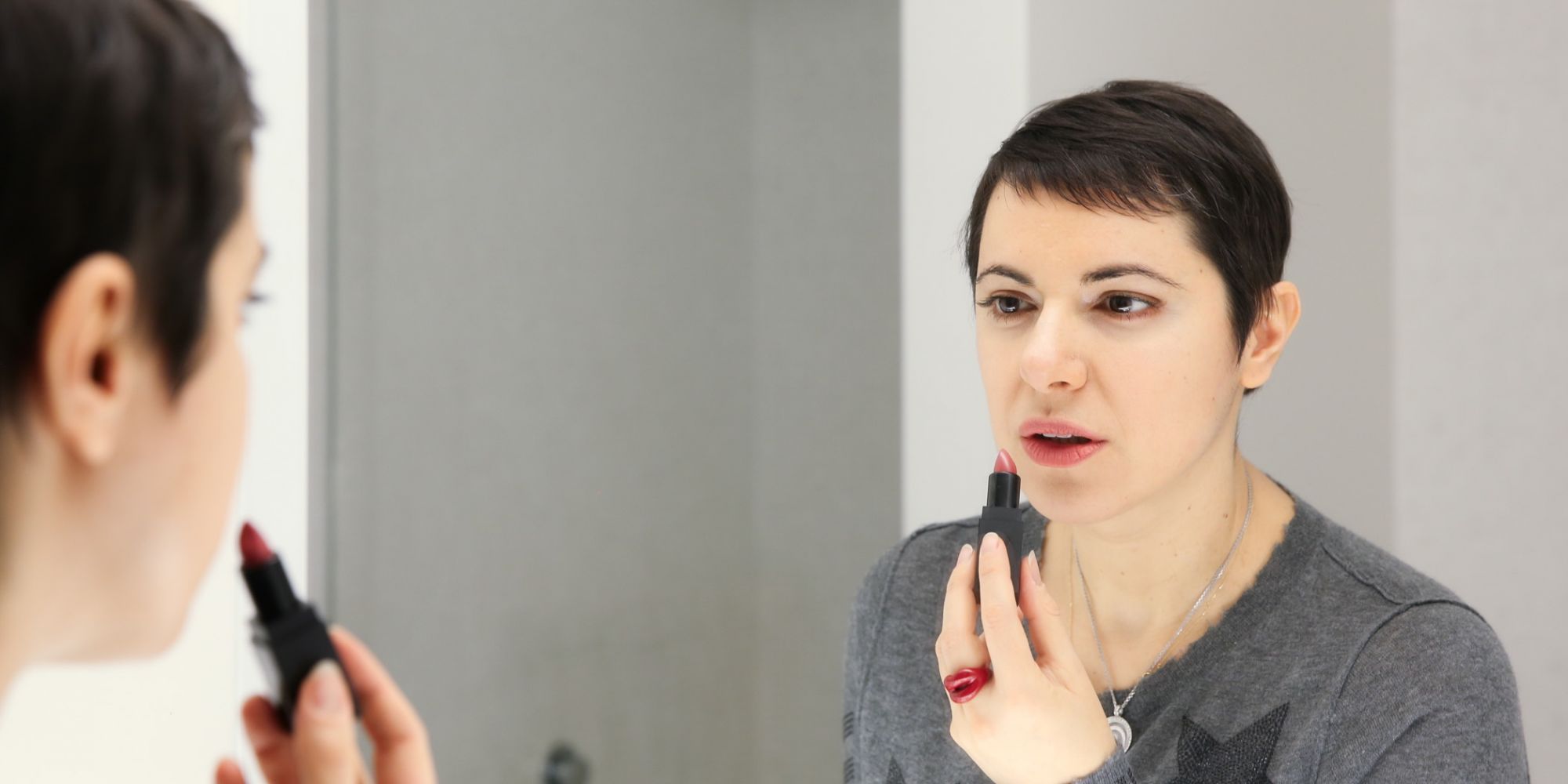
Lola Gusman, The Influencer Behind The Hermes Hippie, Provides Comprehensive Counsel On Clean Beauty
Lola Gusman, the attorney behind The Hermes Hippie, is the most lawyerly of beauty influencers. Not in a Michael Cohen way, but in the best way of scholarly counsellors. She presents compelling arguments for her product choices, which are primarily of the natural and upscale variety, and favors reasoned expositions over emojis. Gusman’s informative Instagram captions regularly exceed 200 words. “As my green beauty journey evolves, I’m finding it important to embrace a certain thoughtful flexibility,” she shares in one lengthy post. “When I do go all out, I am far less inclined to be a purist with the products I choose. As for the rest of you, do what makes you happy. If you do not feel comfortable with a product that has anything other than squeaky clean ingredients, I have great news: You have more options than ever with beautiful colors and formulas. And, if you want to rock that conventional mascara that gives you Bambi lashes or a glitter shadow from the drugstore, just go for it.” Beauty Independent caught up with Gusman to solicit legal advice for small brands, ruminate about the rise of indie beauty, ask about her most popular content and favorite brands, and talk about how much she likes to talk.
Where did you grow up?
I was born in Azerbaijan. It’s in the former Soviet Republic on the Caspian Sea. I then moved to Moscow when I was 11, then the U.S. when I was 15. While I’ve lived in many states, I consider New York home as I’ve been there the longest.
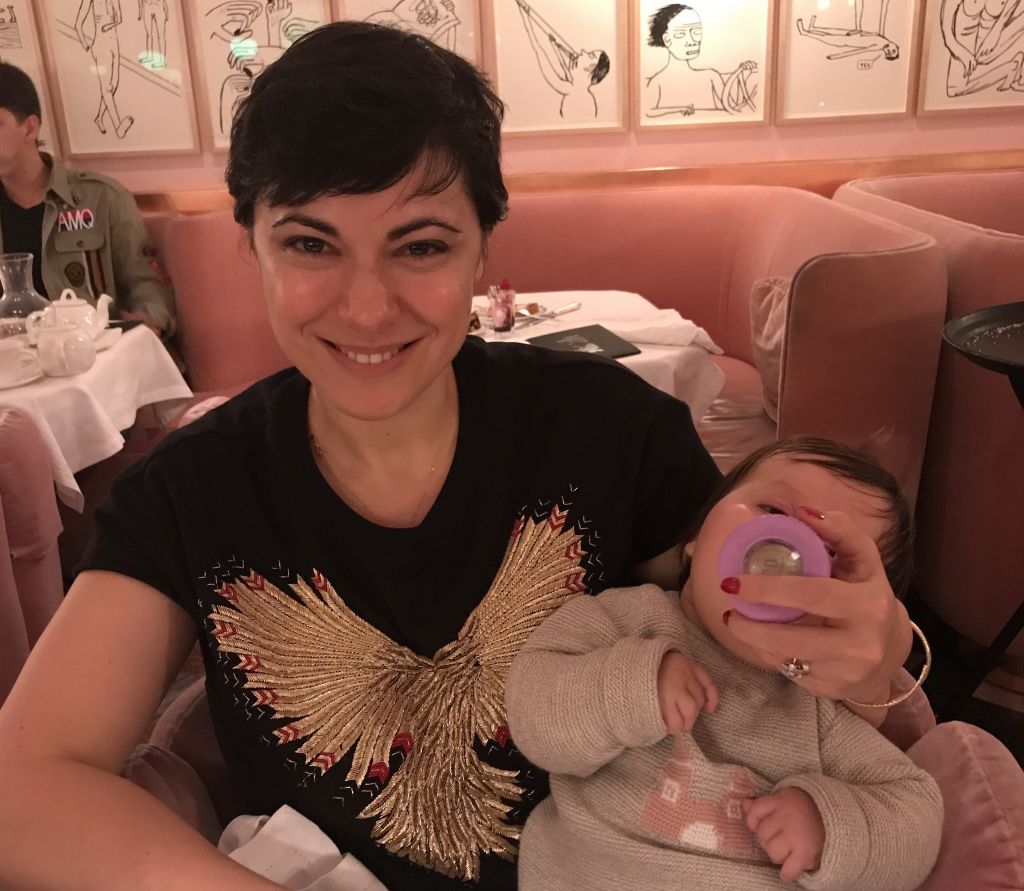
What was your experience with beauty at a young age?
I lived [in Azerbaijan] when it was still the Soviet Union, and we didn’t have access to skincare and all that. You couldn’t just go in a store and buy a moisturizer and, if you could, it was terrible. What people did most often was mix their creams and products. What my parents and grandmother did was use natural ingredients like in a mask, and we had this joke that, if you cooked it, you slapped it on your face. It was the truth! We had hair masks with eggs and onion juice, which sounds gross, but it works, and my aunt always used mayonnaise. I still remember my very first French pharmacy brand from when I was 14. When Western cosmetics did become available, some went that route, but not all. There was never any stigma to doing your own. It seemed very organic.
How did The Hermes Hippie start?
It started before actual blogging came to be. I went back to work in 2010 after having my first child, and I went from having fairly decent skin to birth hormones and stress. It took a toll on my skin. Working at a big law firm, I had the ability to spend a ton of money on products, but, no matter what it was, nothing worked. It was a disaster. I bought everything under the sun and experimented. Nothing helped. As a lawyer, I’m trained to do research, so I parlayed that obsessively [into] trying to find an answer and wound up stumbling upon “No More Dirty Looks,” which I think is a lot of people’s first experience with green beauty.
I read about Kahina Giving Beauty’s Argan Oil and wanted to try it, but there were no other resources to look into it further. I think I found one review on the entire internet, but it was five star. I used the oil and, within three days, my blemishes had gone away. It was the first time I had the, “Holy crap, this is magic,” moment. I realized that my skin was overloaded with ingredients and products. Paring it down with one simple ingredient brought it into equilibrium. The product struck me because it was so simple, yet looked so chic.
Listen, I’m not a crunchy person, hence the juxtaposing moniker. I’m not attracted to those brands, but Kahina was different. I read more, explored more, discovered more. Suddenly, there were all these brands I found, but the bloggers that I did come across, which were few, seemed as though they were targeted to a younger woman with typical skin types. I needed someone older that was facing down the barrel of aging and can afford to spend some money. Yet, I was still faced with, “You need to know if it works.” I thought, “I’m sharing so much of myself in the comments section on a blog with my opinions, why don’t I just do that on my own?” So, I created my own.
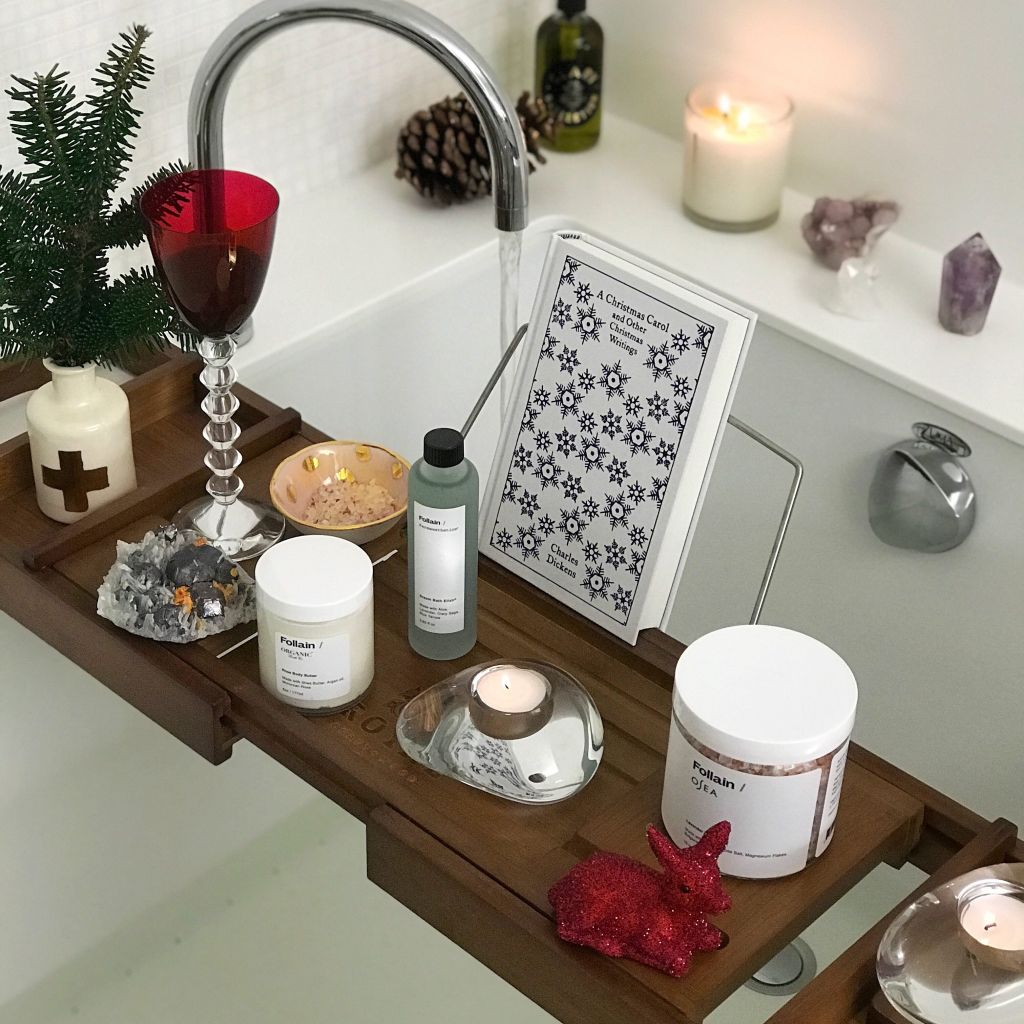
Would you consider yourself an influencer?
I sense that there are people in this space who are more looking at this as a business or hustle, and everything they do is geared toward looking a certain way or using topics to cause a stir and drive traffic and click bait. For me, I always approached it as a hobby, and it’s the only way I could sustain it. It’s a balancing act for me. It was about taking a break from working full-time and having a kid — and now two — and writing. I knew that trying to make money off of it or getting obsessive about followers and the outcome would cause me more frustration than anything else.
By its very nature, having a successful Instagram is a narcissistic endeavor. It’s self-involved. You want people to like and follow you, and we all feel the pains of the algorithm. But it was never a game plan for me. I was just doing what was fun and learning along the way. I’ve never even scrubbed my old content. It has a lot of my life that I don’t want to miss, to see the growth and how I’ve developed my own style. For me, it was just basically a creative outlet, and it serves that. I’ve tried not to be precious about it, but just navigate a new world and allow myself to explore.
What legal advice would you share with small beauty brands?
That’s a very good question because I have been thinking about doing a series of stories in regards to this. There are a few things. I actually worked a lot in mergers and acquisitions (M&A). What you learn when you work in that field is that, for most businesses, the goal is to eventually sell it. It’s become this dirty thing in green or indie beauty. Consumers hate when brands sell out or take on investors. I know there are brands that swear they will never sell, so what will happen to them? You’ve put in your sweat equity, and you have to retire and enjoy the fruit of your labor, so what is the exit plan?
There are ways to preserve your legacy and maintain integrity. It’s very important to be practical about these things, and know what you want from your business and how you want to grow it. What we’re seeing a lot now is smaller brands get picked up by a Sephora or the like because it sounds like a dream and quickly burn out because they don’t have the capacity to deal with the demand. Know where you are going.
I think our industry is prone to the alternative medicine aspect – ingestibles, the crystals, etc. – but these things aren’t necessarily peer-reviewed. What you see happen a lot is people jumping on bandwagons, but they don’t do research in the right way or at all. They get inspired, but with no facts. Brands more than anyone else have a responsibility to present a sober approach to the information they give. Goop is a great example for the flack they get [with] what they promote. You have to at least try to present a balance, “Some people say this, some say that,” or “This was one result, this was another.” That sort of balanced objectivity is very important.
My very first job was for a prominent attorney in New York, and I was doing high-profile work right out of the gate. I remember he said to me, “As a lawyer, you should never say yes or no. You have to hedge.” The same in this industry. Other than labeling standards, you can never say this product will fix you, cure you, work for you. You don’t know that. The overpromising doesn’t work because it likely won’t work for everyone. We’ve seen it when a brand says something like, “Essential oils are the devil,” but it’s because their products don’t have it. You aren’t serving your customer by framing it that way. It would behoove brands to be more mindful. They will come off as being more transparent and [provide] a greater benefit to consumers in the long run.
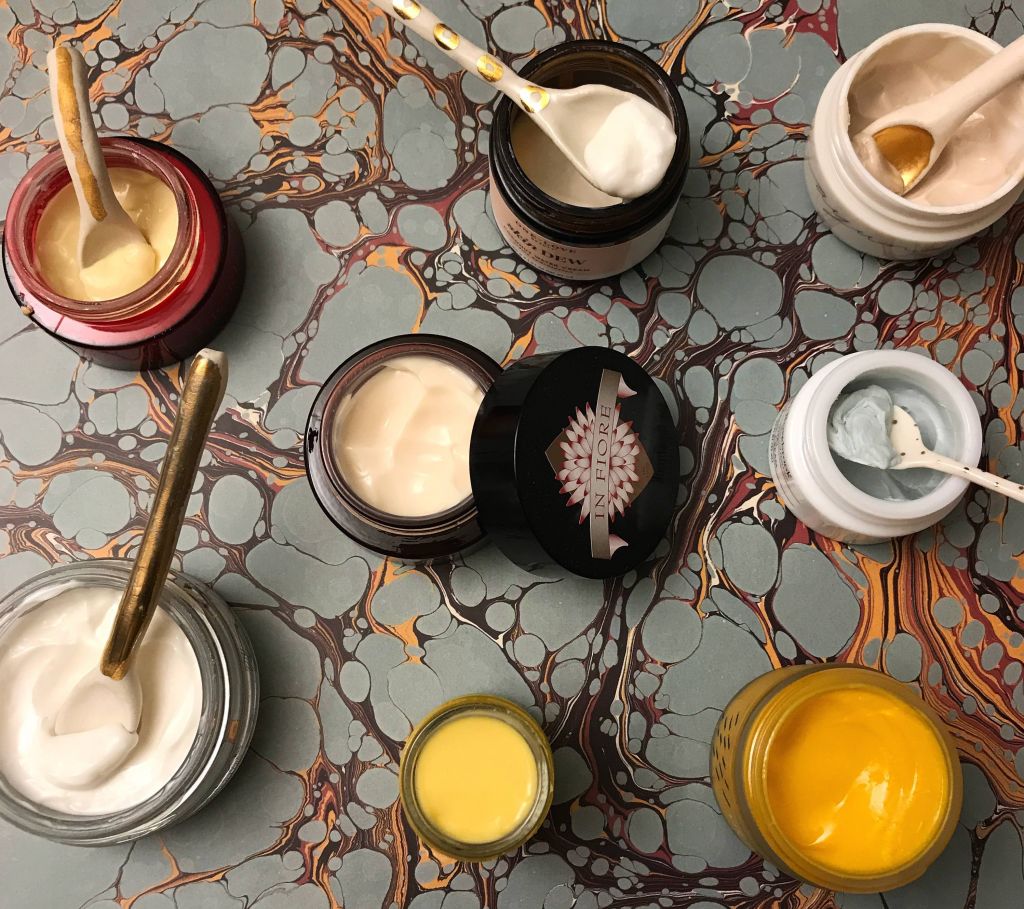
What do you wish brands knew about working with influencers?
I personally don’t do sponsored posts or affiliate links, not only does it not feel authentic to me, but I would have to sacrifice things I make a living on. My hourly rate as an attorney could never be matched as a blogger. So, I just do it for fun. However, I still see the main factor for other influencers is that, with any creative experience, nobody owes you anything, and you are not doing someone a favor by sending a free product.
Other industries seem to be very clear in their transactions. They have a rate, you pay them, and it’s done. There has to be an understanding that there is a pipeline and timing, and when I can get to it is when I’ll talk about it. What I see is a staggering amount of emails with products being offered and ridiculous requirements like three Instagram posts, three tweets, a video and 10 stories for simply accepting the product, not to mention getting paid. That’s like a $1,000 project for an $85 serum. As a brand, know what you are offering, and know what you are expecting, all based in respect.
Why do you think the indie beauty movement has gained momentum?
In the last decade, there’s been a resurgence of the artisanal approach to everything. People are looking for things that aren’t mass-produced. People are more into who is making their products. Along with an increased focus on wellness and health, we see we are living in an increasingly polluted world. People are looking for better alternatives because they’re now starting to understand the repercussions of what we’ve been doing for so long.
Social media has also helped tremendously. Until eight years ago, your only resource for learning about beauty was magazines and beauty counters, and editors had so much control. Large advertisers got the product reviews, whether it was a great product or not. There wasn’t space for a small brand to be in something like Vogue or “Harper’s Bazaar” because what benefit do they get for featuring you? With Instagram, it’s more peer-to-peer. Brands can reach a much larger audience. Rather than going to these magazines, they go to people with followers. If your product gets a positive, focused post, and the audience trusts the person posting it, you have a win. The same goes for if the product doesn’t live up to the hype. The model has changed. Magazines can’t catch up with such an explosion.
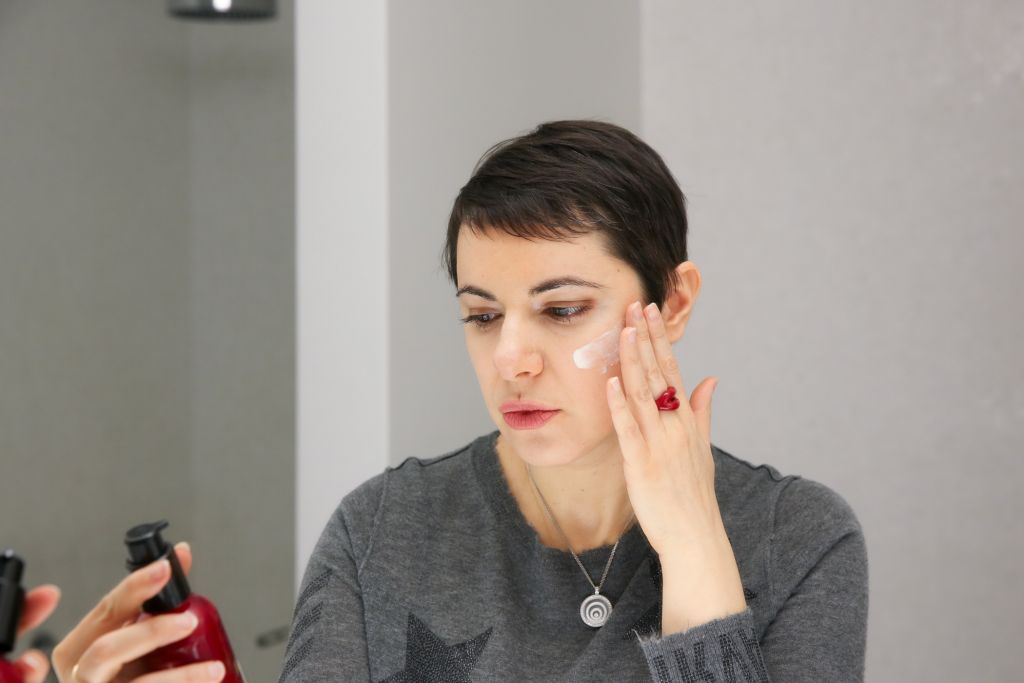
How do you choose which brands to feature on The Hermes Hippie?
I have a certain lane, which is typically luxury skincare, because that’s what I like. I’ve been an attorney for almost 20 years. I’m OK to purchase an expensive serum, and I’m interested in brands that have something special about them. They don’t have to be expensive per se, but they have to be thoughtful or innovative. It also has to be chic. Would I spend my own money on it?
The Hermes Hippie followers have come to expect posts on your day and night routines. Are those your most popular posts?
Funny enough, they aren’t. My most popular posts are my bathtub posts or when I display a bunch of creams and their texture. With beauty posts, I feel like the ones that do well are the ones that make you say, “I want to be there right now.” I think that’s why brands repost that stuff so often. It resonates with people because it’s transporting and sends the message of self-care. Then, [there are the] ones where you can actually see the gorgeous colors and textures of a product, products that are lush, pots that are open and you want to dive in. Whenever I manage to convey that properly, those posts do the best.
What are a few brands you are crushing on right now?
I could literally give you an endless list of what I love. This is why I do this blogging thing. I get so genuinely excited about the products these brands create. I’m fascinated by their approaches. If it goes on my Instagram once, I like it a lot. More than once, it’s love. But my eternal crushes are constantly innovative: La Bella Figura, Yuli, Josh Rosebrook, African Botanics and Twelve Beauty. I love people who are obsessive about ingredients or formulations like Laurel Skin, de Mamiel, and the relaunched Moss and Ambar. It’s the combination of nature and science that really appeals to me. In Fiore doing their Japan line [is] so brilliant and unique. To me, it’s the future of skincare.
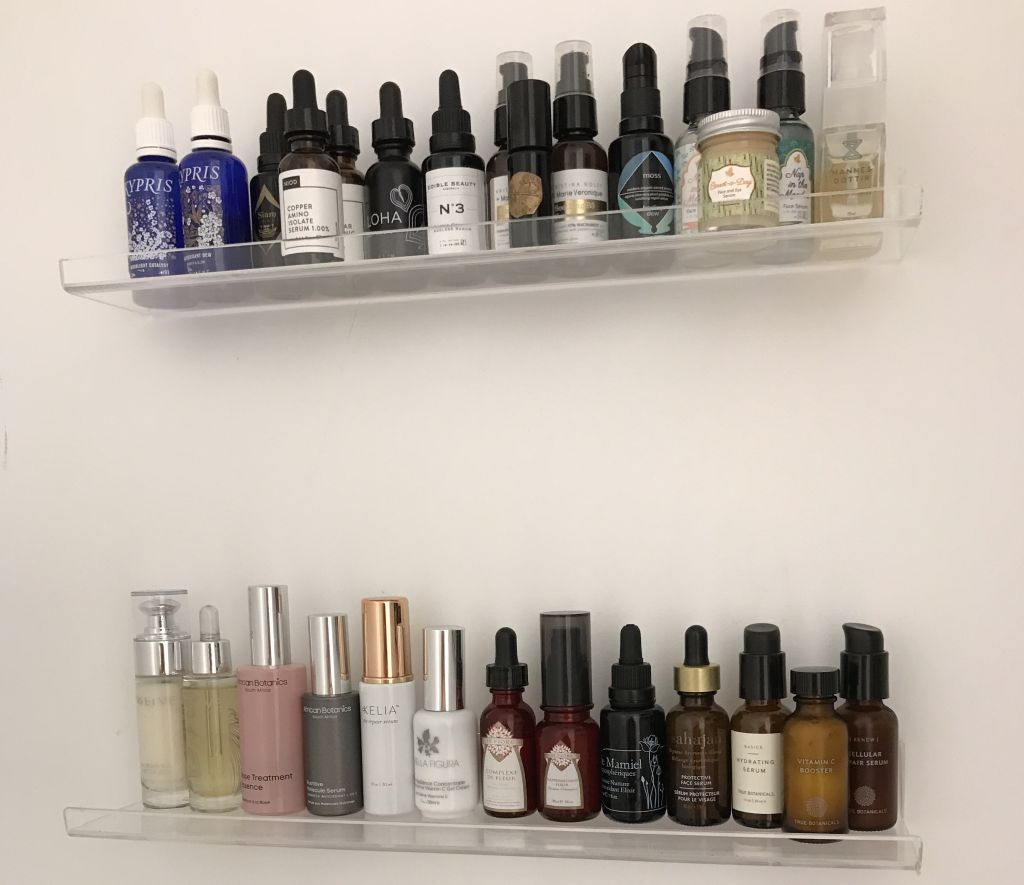
What’s next for The Hermes Hippie?
My biggest challenge at the moment is relaunching the blog. I really miss it. There are things I want to say that don’t necessarily fit into the parameters of Instagram. My posts on Instagram are the length of most people’s blog posts. I have verbose tendencies, [and] I want to talk more.
The moment I can get my sleep deprivation back to zero, I’m considering doing a podcast. That could be a fun format for me to explore. I like to talk a lot. You can get a little more serious in regard to the business side of the industry, the founder space, [and have] more cerebral, pragmatic conversations about the beauty industry, which would also require some free time. At some point, if I do all of those things, I want to make The Hermes Hippie more professional, but I need to figure out a way that fits into what I do, and remain as transparent as I am and keep that trust. I don’t want to cheapen that with links.
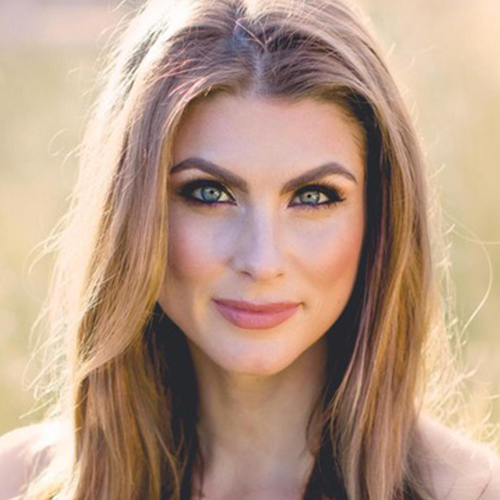




Leave a Reply
You must be logged in to post a comment.